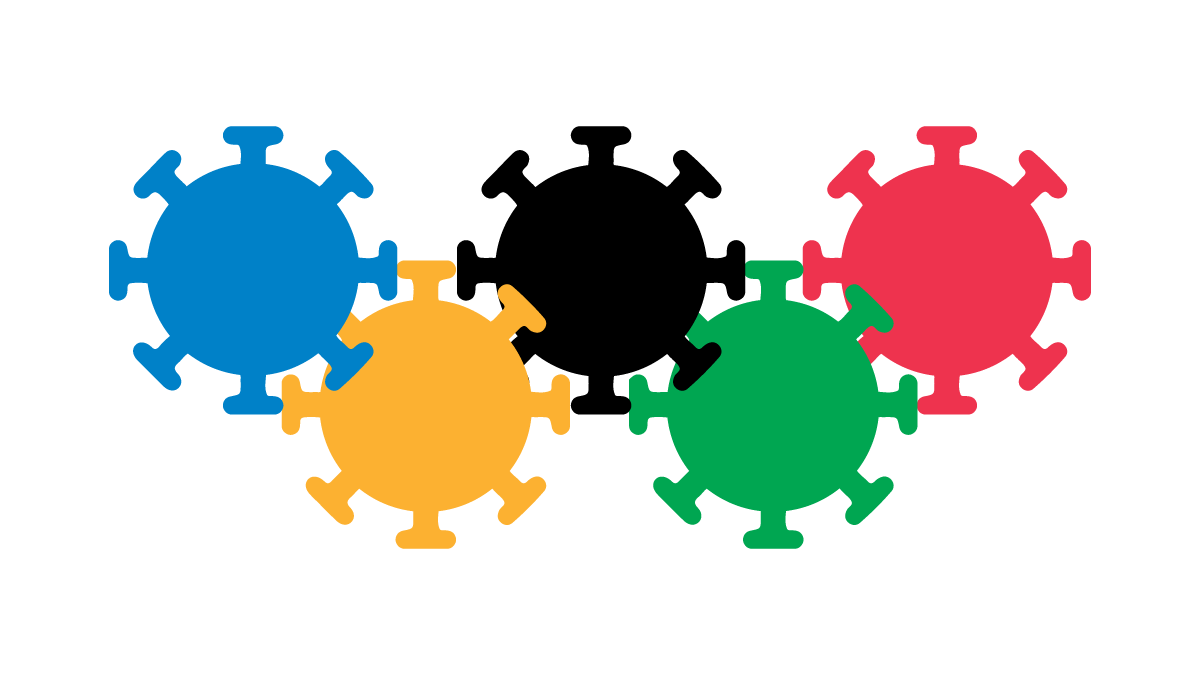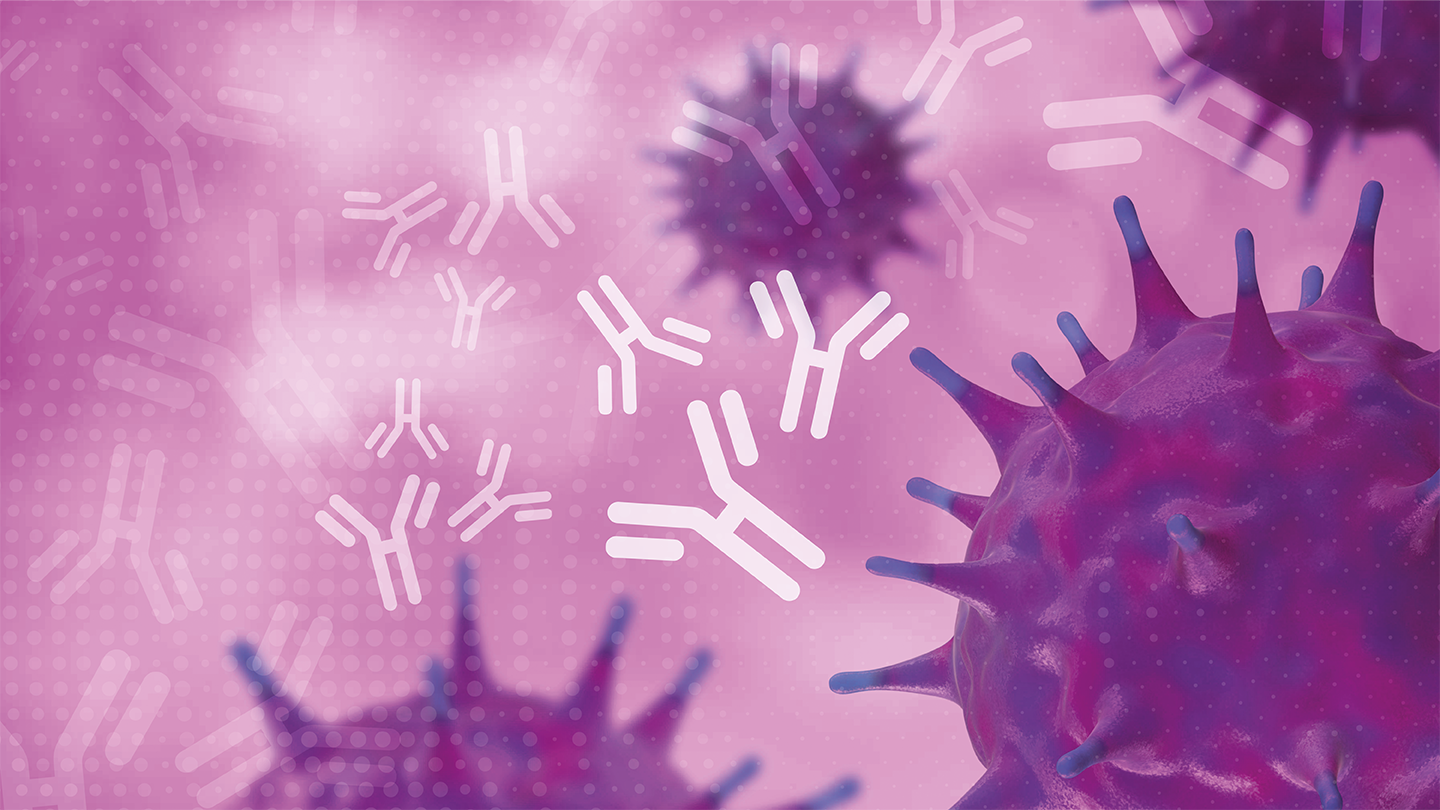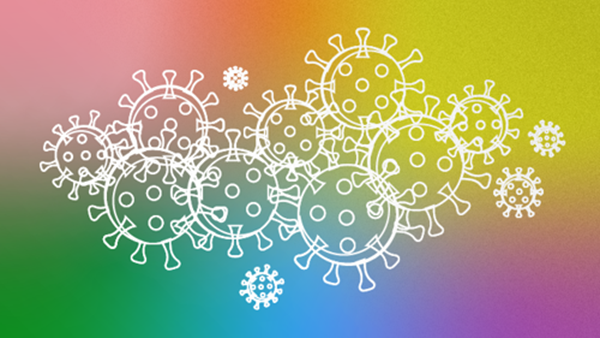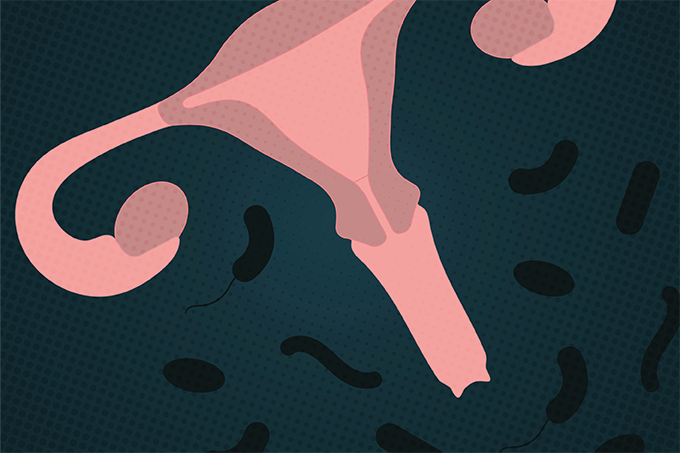What’s Happening in Infectious Disease?
Catching up with the latest news in ID research
As the Olympics come to a close in Paris, we can’t help but lean into the infectious disease news that emerged from the French capital during the event.
Not long into the Paris 2024 Olympics, concerns were raised after two triathletes, Belgium’s Claire Michel and Switzerland’s Adrien Briffod, withdrew from competitions due to illness following their swim in the River Seine. Although the exact cause remains unconfirmed, reports suggest E. coli contamination may be involved. The mixed relay proceeded after organizers deemed bacteria levels safe, but these incidents have highlighted ongoing worries about water quality.
But E.coli wasn’t the only pathogen making its way around the Olympic village; SARS-CoV-2 was another unwelcome guest. By August 5, over 40 Australian Olympians tested positive for COVID-19 and other respiratory illnesses at the Paris Games. This is a stark reminder that, despite many Western countries “continuing as normal,” going about life without masks and social distancing, COVID-19 remains.
Should large-scale events like the Olympics take infectious diseases more seriously? Or is infection unpreventable in areas of condensed population? Feel free to share your thoughts with us!
In Other News…
Emerging evidence suggests that the recombinant shingles vaccine reduces the risk of dementia – encouraging further studies to confirm the vaccine’s protective effect. Link
A microstructured artificial lung model, created using bioprinting technology, opens avenues for studying infections and testing drugs for respiratory diseases, including COVID-19. Link
Measuring saliva antibody levels offers an alternative to serum testing in the diagnosis of recurrent respiratory infections in children. Link
The Infectious Diseases Society of America (IDSA) releases updated guidance for managing antimicrobial-resistant (AMR) infections based on the latest data and epidemiological trends. Link
5,700 new cases of tuberculosis (TB) have been diagnosed in Anambra, Nigeria, increasing concern and demand for TB detection, control, prevention and treatment. Link





